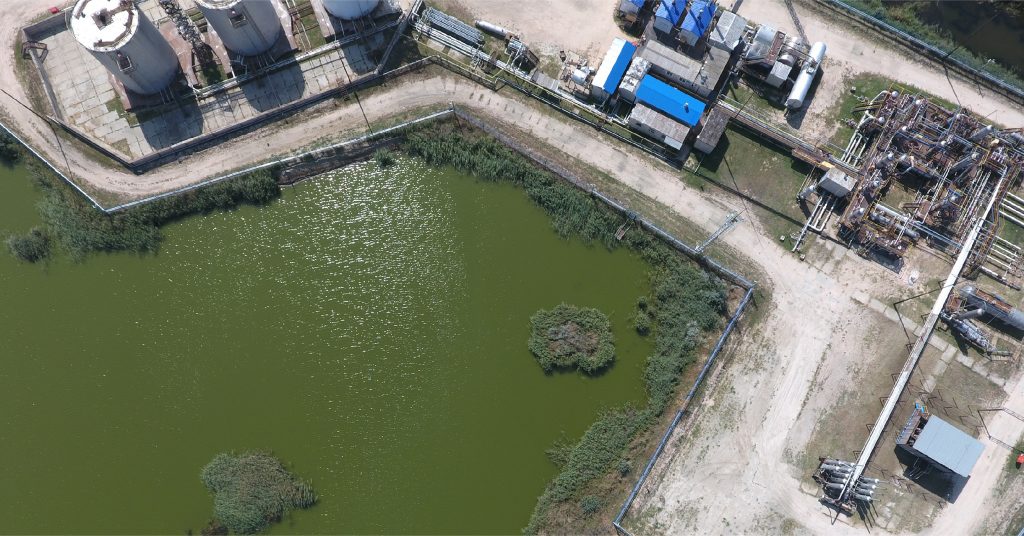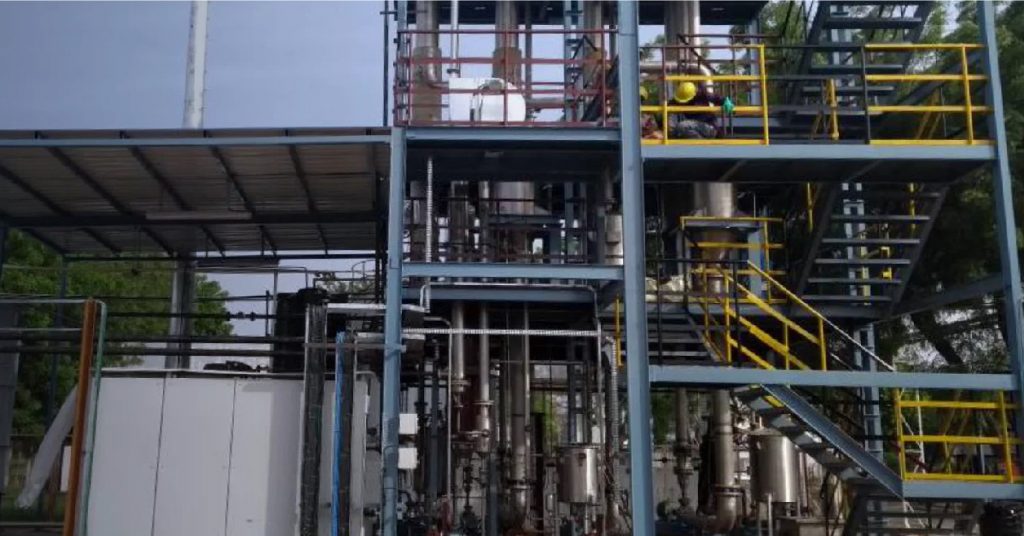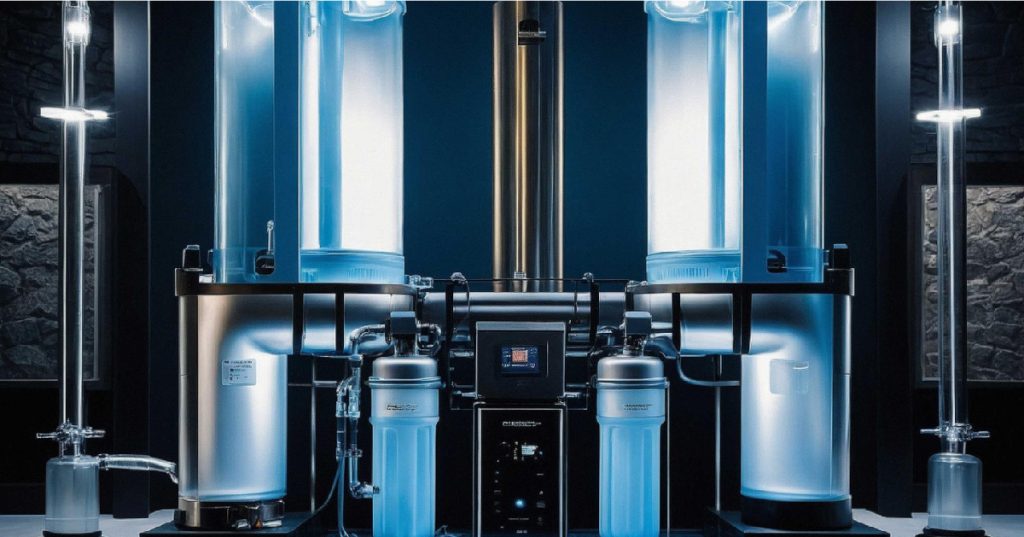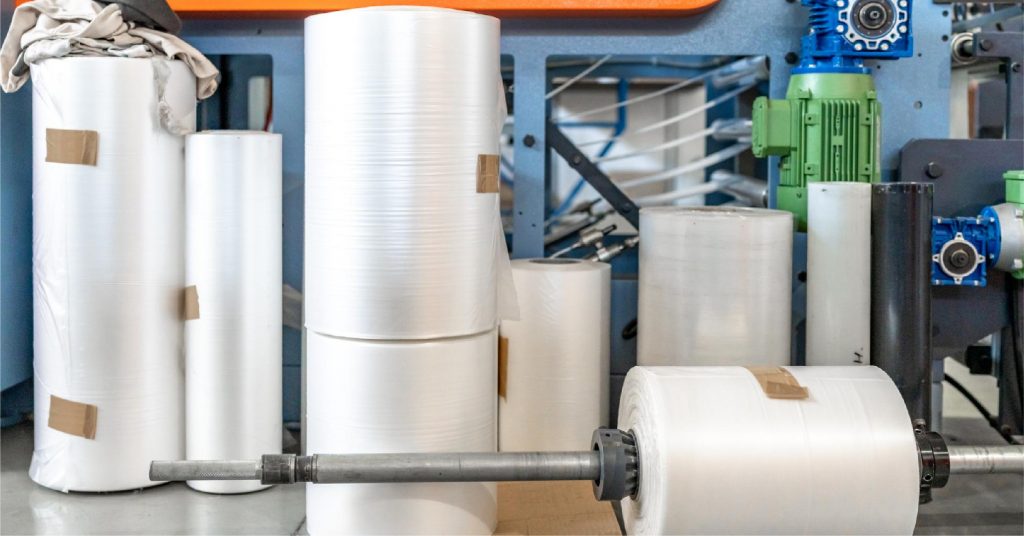South Africa faces significant water challenges due to its arid climate, growing population, and industrial expansion. With water resources already under immense pressure, pollution from untreated or poorly treated wastewater compounds the issue. Water scarcity affects not only households but also agriculture, industry, and the environment. Effective effluent management has become essential in preserving South Africa’s limited water resources and preventing further environmental degradation.
The use of effluent treatment plants is a critical component of this effort, helping to purify effluent water from domestic, industrial, and agricultural sources to prevent contamination of water bodies. This blog will delve into what effluent water is, the role of effluent treatment plants, and the importance of proper management in South Africa’s water sector.
Table of Contents
ToggleWhat is Effluent Water?
What is effluent water exactly? It is any liquid waste or sewage that is released into the environment, either untreated or after some form of treatment. Effluent typically contains organic and inorganic pollutants, chemicals, and other substances that, if not properly managed, can lead to water pollution.
In South Africa, effluent water can originate from:
- Domestic wastewater: This includes sewage and greywater from households.
- Industrial wastewater: Water used in manufacturing, processing, and energy generation, which often contains hazardous substances.
- Agricultural wastewater: Runoff from farms that may carry fertilizers, pesticides, and animal waste.
Effluent Treatment Plant: Key Components and Functions
An effluent treatment plant (ETP) is a facility designed to treat wastewater before it is released back into the environment. These plants are equipped with various processes that help remove physical, chemical, and biological contaminants from effluent water. The goal of an effluent treatment plant is to purify wastewater to a level where it can either be safely discharged or reused in various applications, such as irrigation or industrial processes.
The treatment process in an effluent treatment plant typically consists of three main stages:
- Primary treatment: This involves the physical removal of large particles and debris from the water through processes such as screening and sedimentation.
- Secondary treatment: In this stage, biological processes are used to break down organic matter in the effluent.
- Tertiary treatment: The final stage involves advanced processes like chemical coagulation, filtration, and disinfection to remove any remaining pollutants.
What Is Effluent Water Reuse, and Why Is It Important?
Effluent water reuse involves the treatment and recycling of wastewater for secondary uses such as irrigation, industrial processes, and cooling systems. In South Africa, effluent water reuse is an increasingly important strategy for conserving freshwater resources and addressing water scarcity. Treated effluent water can be used for agricultural irrigation, reducing the demand for fresh water from rivers and reservoirs. The reuse of effluent water is a key component of sustainable water management in South Africa, helping to preserve the country’s limited water resources for future generations.
Ion Exchange: A Key Solution for Effluent Management in South Africa
Advanced Oxidation Process
The INDION TADOX process is a cutting-edge innovation for treating complex industrial and municipal wastewater. This Advanced Oxidation Process (AOP) utilizes a patented photocatalysis technique for oxidative degradation and mineralization of pollutants, effectively removing color, dissolved organics, and recalcitrant organics (RCOD) from wastewater streams. INDION TADOX offers flexibility by integrating at either the secondary treatment stage or the pre-biological stage. It also employs novel approaches to reduce chemical usage, minimize sludge production, prevent secondary pollution, and decrease the burden on downstream tertiary treatment. As a retrofittable and integrated solution, it delivers high-efficiency treatment with significant reductions in CAPEX and OPEX by 30-40%, providing excellent water quality in a clean and green manner.
CLARIFIERS
The INDION UHRSCC is a compact, efficient, cost-effective clarifier that clarifies surfaces and wastewater. Combining the technologies of solids contact and lamella clarifiers, it offers enhanced performance at increased rise rates. The UHRSCC is a true solid contact clarifier that integrates mixing, flocculation, and sedimentation within a single basin, maximizing treated water production while minimizing space requirements. This makes the INDION UHRSCC an excellent choice for various applications, including surface water clarification and iron and manganese removal for potable water, with a wide flow rate and size range, accommodating flow rates up to 2500 m³/hr and sizes up to 25.0 m x 25.0 m.
The INDION High-Rate Solids Contact Clarifier (HRSCC) is an advanced clarifier known for its efficient internal solid recirculation design, which optimizes chemical usage and makes it more economical than traditional clarifiers. Widely used in India and abroad, the HRSCC effectively treats raw and wastewater to produce high-quality clarified water. It features an in-built flash mixer, flocculation, and thickener mechanism, along with uniform internal re-circulation ranging from 5 to 15 times the inlet flow. The space-saving, compact design ensures easy operation and consistent water quality, even with fluctuations in influent water quality.
The INDION Lamella Clarifier offers an efficient solution for water and wastewater clarification through solid-liquid separation. It uses inclined plates, or lamellas, spaced approximately 50 mm apart to provide a large settling surface within a compact footprint. The clarifier’s design optimizes hydraulic flow, ensuring stable, laminar flow and excellent effluent quality. With minimal entry velocities and no moving parts, it is easy to maintain and occupies just one-tenth of the space required by conventional clarifiers.
EFFLUENT TREATMENT CHEMICALS
Effluent treatment chemicals are essential for purifying industrial wastewater, ensuring compliance with environmental standards, and minimizing ecological impact. These chemicals help remove contaminants such as suspended solids, heavy metals, and organic pollutants through processes like coagulation and flocculation. They are vital in industries like manufacturing, textiles, and food processing, where effective wastewater management is crucial for sustainable operations.
With a comprehensive range of technologies, best-quality products, superior application knowledge, and outstanding service support, Ion Exchange provides customized one-stop Water and Environment Management Solutions for the industry’s varied needs. Our range of specialty chemicals includes a wide range of water treatment chemicals and specialty performance and process chemicals customized for the manufacturing process. Our products help increase processing yields and quality of finished products and reduce the consumption of water in the manufacturing processes.
Conclusion
In conclusion, effective effluent management is essential for water conservation and public health in South Africa. Effluent treatment plants play a pivotal role in purifying wastewater, ensuring that it can be safely discharged or reused. To ensure a sustainable future, ongoing innovation and investment in effluent treatment plants and technologies are necessary. By improving the management of effluent water, South Africa can protect its water resources, reduce pollution, and contribute to long-term environmental sustainability.





